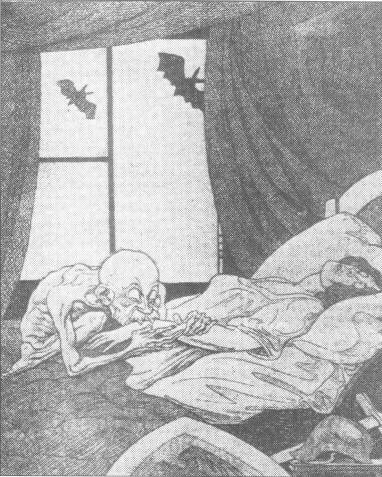German attitudes 1918–1921
Source A
The condition of Germany in September 1918
In addition to other hardships, the German public is threatened this winter with an almost complete lack of lighting of every description: electric, gas, oil and candles. Cleanliness is almost impossible due to the lack of soap and washing powder. Medicines are difficult to obtain. In the industrial district of Westphalia many of the women are poorly clothed.
from a report sent by a British secret agent to the British Foreign Office (September 1918)
Source B
A Spartacist poster, November 1918
MEN AND WOMEN OF LABOUR!
COMRADES
The Communist Revolution has come to Germany. The soldiers, who for 4 years were driven to the slaughterhouse of the trenches to fill rich men's pockets, have revolted. The workers, who for 4 years were exploited and starved, have revolted. The Kaiser has fled. Workers' and Soldiers' Councils have been formed everywhere. We call to you, 'Arise for action!'
from the Spartacist Manifesto (November 1918)
Source C
A cartoon with the title 'Clemenceau the Vampire'
 from
the German Newspaper, Kladderadatsch (July 1919)
from
the German Newspaper, Kladderadatsch (July 1919)
The figure lying on the bed represents Germany.
Clemenceau was Prime Minister of France in 1919.
He is shown as a vampire sucking the blood out of Germany.
Source D
An interpretation of the Treaty of Versailles
The amount of reparations Germany was told to pay was not very much. In the 6 years before the outbreak of war in 1939, Hitler spent 7 times as much money on rearming as the country would have paid in reparations. In 1919 a strong Germany was left surrounded by a string of small states who had to rely for their security on other countries. This was the worst part of the peace treaty.
from The Carthaginian Peace (1945) by Etienne Mantoux, a French historian.
Source E
Another interpretation of the Treaty of Versailles
As the terms of the peace became known, it dawned on us what it meant to lose a war against two dozen nations. The terms were harsh and humiliating. The bill for reparations, to be paid by a Germany stripped of its economic power, was shattering.
from the memoirs of a German journalist, Egon Larsen, written in 1976.